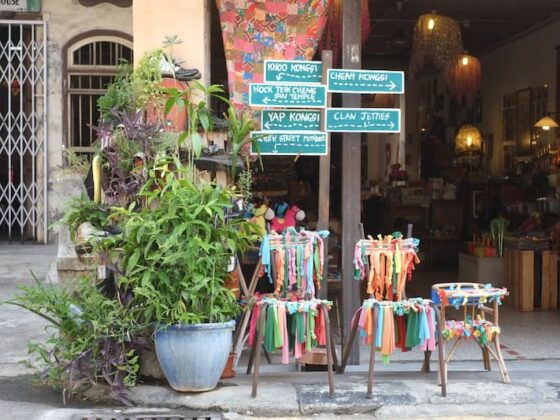Celebrating #WorkingMomsHK: How Migrant Domestic Workers living far away from their children celebrate Eid al-Fitr
Celebrations can be bittersweet for Migrant Domestic Workers (MDWs) in Hong Kong who are unable to be home to celebrate with their families.
Hong Kong currently employs 340,000 MDWs, with the number forecast to rise to 600,000 to help us care for our rapidly ageing population. MDWs in Hong Kong have been an essential support for dual-income families – they take care of household chores, children and/or elderly family members. The extra help at home frees full-time workers from worrying about their household during work. According to figures provided by the Hong Kong SAR Government, both the actual number and the percentage of working women in the entire working population continue to increase considerably. In the first decade of the new millennium, the female working population increased from 1.3M to 1.7M, showing a annual growth rate of 2.5% – much higher than the entire population growth rate of 1.1%. The government estimates that this trend will continue and the percentage of women engaging in the workforce will increase from the current 53.5% to 55.4% in 2026.
Many migrant workers are also mothers. For mothers, not being able to see our children on these special days can be particularly tough. In the past two years the COVID-19 pandemic has complicated things further, making it more difficult for most MDWs to visit their families back home. Cik Haditiningsih – one of PathFinders‘ Ambassadors – shares with us how she celebrates Ramadan and Eid al-Fitr and how difficult is to be so far away from her children.
The Q&A is part of the #PathGuardiansHK campaign.
Q1. How do you celebrate Ramadan in Hong Kong?
I actually don’t really celebrate because I live with my employer.
However, I keep practising Ramadan fasting with my employer’s permission and on the Eid Festival day, I call my family to wish them “Selamat Hari Raya” (Happy Holidays/Have a Blessed Day) and ask forgiveness from/forgive one another.
In Hong Kong – during my day off – my friends and I plan to gather to enjoy the Indonesian food we cook for special days and ask forgiveness from/forgive one another. This could only happen if the COVID-19 social restrictions are not in place.
Q2. How did you celebrate Ramadan before you came to Hong Kong to work?
Just like common Indonesian tradition, especially tradition in rural communities: for suhoor/morning meal (Indonesian: Sahur), we woke one another – children, parents, spouse to have the (early) morning meal together.
Q3. How is Ramadan special for you and your family?
During Ramadan, we have more time to spend and gather with family, the suhoor/morning meal and fast breaking/evening meal also provide quality time and makes family members closer.
Q4. When was the last time you spent Eid al-Fitr with your children?
2015, I miss them a lot!
Q5. Do you know how your children celebrate Ramadan?
The children will fast during Ramadan. They know how to do it because they’re living in an Islamic environment, I also teach them about Islam since their early years.
Q6. How does it feel like to be away from your children this year?
It’s difficult to express how I’m feeling, a mix of emotions: sad but happy too. I’m raising them from afar and I’m happy that they are independent and strong.
Q7. How do you stay connected with your children when working in Hong Kong?
However busy I am in Hong Kong, as much as I can and my situation allows, I need to connect with my children through video calls so we can see each other, follow and monitor them although from afar.
Q8. What can employers do to help you stay connected with your children?
My employer gives me the freedom to use my mobile phone, they don’t forbid me from using my phone; and as their worker, I’m making sure I stay accountable.
For information purposes only. Its contents do not constitute legal advice and readers should not regard this as a substitute for detailed advice in individual instances.





